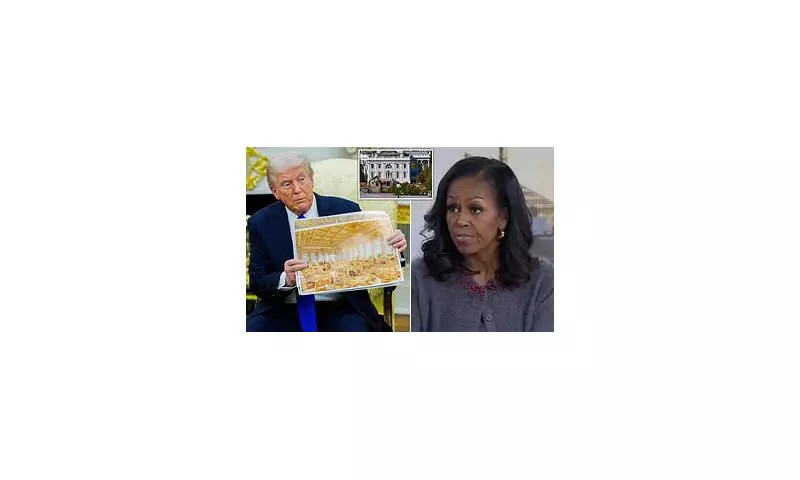
In a revelation that sheds new light on the deep political divisions during America's transition of power, former First Lady Michelle Obama made a discreet return to the White House during Donald Trump's presidency, but with one significant condition - she reportedly avoided stepping into the newly renovated East Wing ballroom.
The Unspoken Protocol
According to sources familiar with the 2015 visit, Mrs Obama's return to her former home was marked by careful navigation of the changed political landscape. The East Wing, traditionally the domain of the First Lady and their staff, had undergone substantial renovations under the new administration, creating what insiders described as an 'uncomfortable dynamic' for the former First Lady.
A House Divided
The tension between the Obamas and Trumps has been well-documented, from Michelle Obama's candid admission about Trump's role in birtherism controversies to her famous declaration that 'when they go low, we go high.' This visit, however, represents one of the few physical manifestations of that political chill within the hallowed halls of the White House itself.
The Significance of Space
Political analysts suggest that the avoidance of the renovated spaces speaks volumes about the unspoken rules governing former presidents' returns to the White House. 'Every corner of that building carries symbolic weight,' explains Dr Eleanor Vance, presidential historian at Cambridge University. 'The choice of which rooms to enter - or avoid - becomes a silent political statement in itself.'
Renovations and Relationships
The East Wing renovations undertaken during the Trump administration represented more than just aesthetic changes. For the former First Lady, who had invested considerable time and effort into various White House projects during her husband's presidency, returning to see those spaces transformed likely presented an emotional challenge.
The delicate dance of former presidents and their families visiting the White House has always required diplomatic finesse, but this episode highlights how political polarization has added new layers of complexity to these traditionally cordial exchanges.






